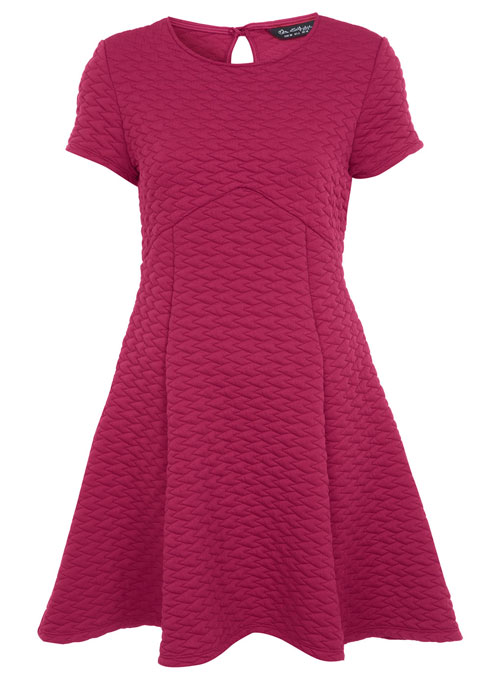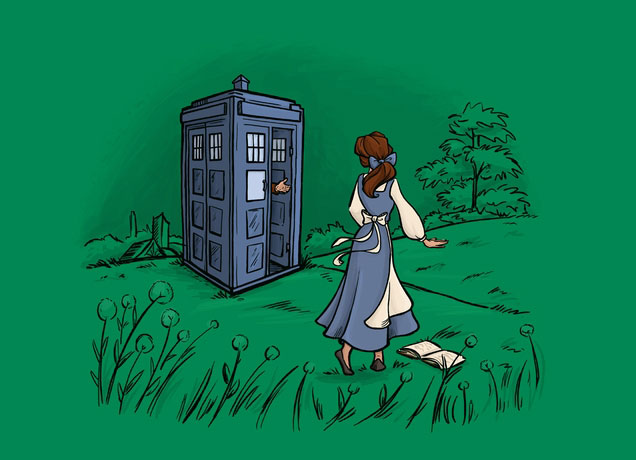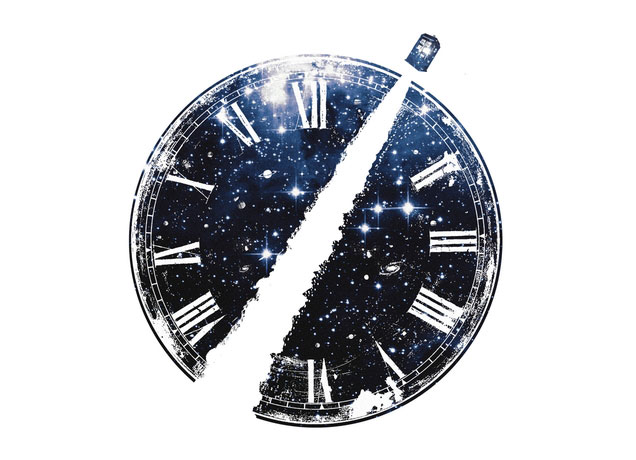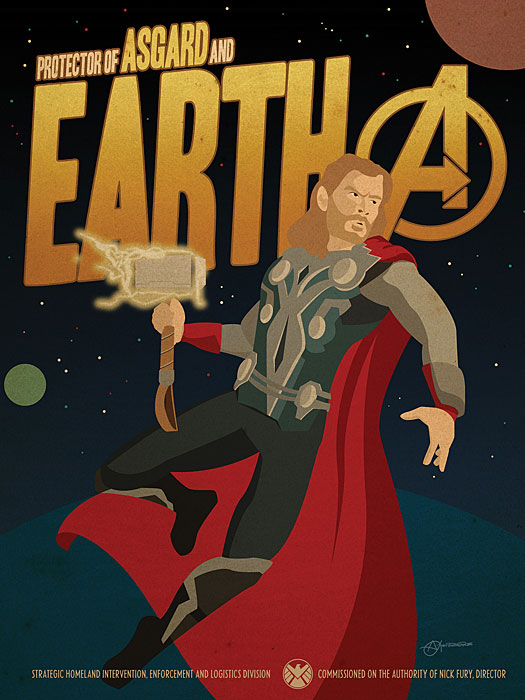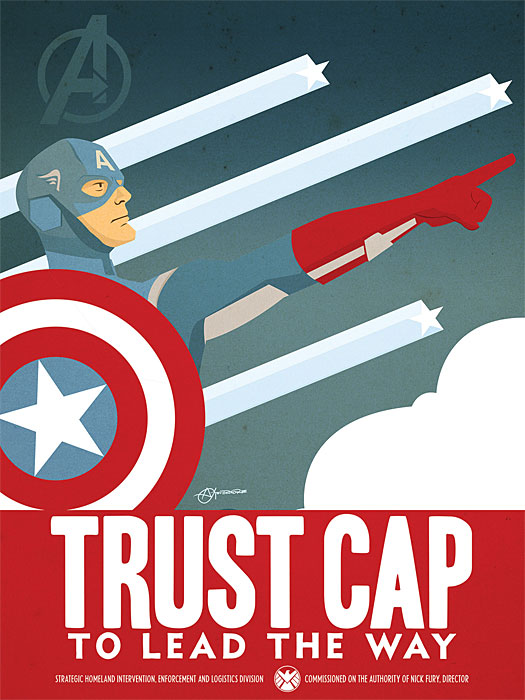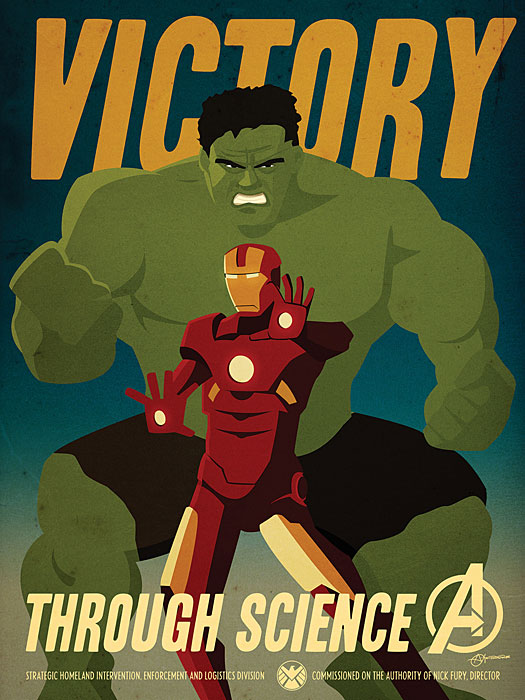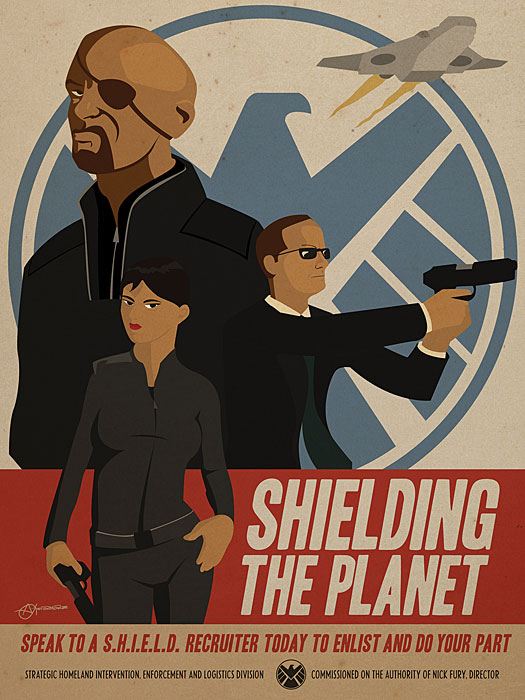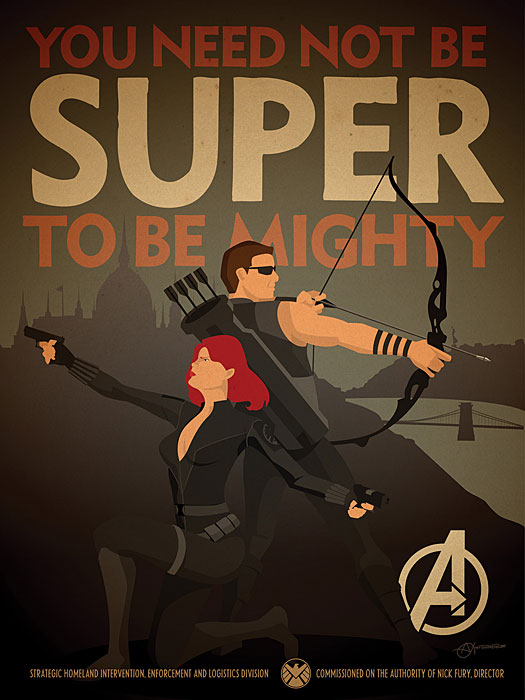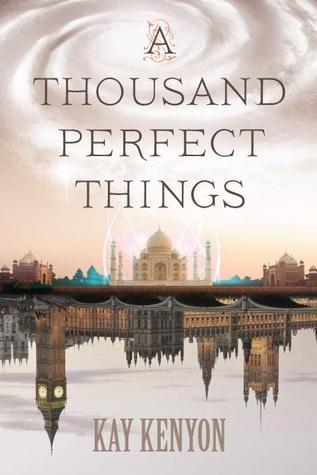I’m so looking forward to Almost Human! The pilot episode was aired yesterday in the US, while the second is being aired today in its regular Monday time slot. I don’t think a UK premiere date has been set yet, but fingers crossed it will be picked up here soon!
A few weeks back I got invited to a conference call with Almost Human’s stars Karl Urban and Michael Ealy. This is a write-up of all the questions that were asked by the various bloggers and news outlets that were part of the call.
Q: Can you talk a bit about kind of how you prepared for these roles?
Karl Urban: The preparation for me was a multi-level process. It involved a lot of discussion with Joel Wyman, J. J. Abrams, Bryan Burk. When it got on the ground here in Vancouver we started shooting. We had a bunch of tactical training. I went on a bunch of ride-alongs with some cops just to get a sort of feel of what the reality is of their job.
Then there’s also a physical component. Our show is a fun, action-packed hour of television. Michael and I both need to be in good shape to do our jobs. We pay a lot of focus, time and attention to keeping ourselves in good shape.
Michael Ealy: I try to model my version of synthetic droid or Dorian, in this particular case, after three particular characters in films. That’s “Jason Bourne,” the “Terminator 2” Robert Patrick’s version and “Starman,” played by Jeff Bridges. Those are all three movies that I kind of watched over and over again to find a good, strong foundation for Dorian.
Q: What’s the hardest part of this show for you guys, as actors? Like for Michael I would imagine it’s the having to act like a robot that’s acting like a human?
Michael Ealy: I think originally it started out that that was probably the hardest part for me; to try and absorb the idea that a machine is being human or a machine is trying to act human. That was definitely difficult at the start. I’m starting to get the hang of that now.
Right now the hardest part is actually trying to understand and develop somewhat of a bible for the world that we live in. Like, can you talk on the phone or do you talk through your com? Sometimes I can get a call from Mackenzie’s character, Rudy, and Karl can’t hear it and sometimes he can. We’re trying to find out what are the rules of the world that we set up. I think that’s probably the hardest part for me right now.
Karl Urban: One of the aspects I find most challenging is the physicality of it. As I said before, this is a real fun, action-packed show. When you are attempting to achieve the quality of action and sort of the engaging performance that we are on a weekly basis, it certainly takes its toll.
We shot an absolutely amazing sequence last week where — it’s a little bit of a spoiler — Michael was fighting with another robot, I was fighting with another cop. It was absolutely amazing, but I tell you, the next day both of us couldn’t move. And of course you don’t have a day off. ou’ve got to get back to work and do it all again the next day. So I think there’s a certain physical aspect of doing this show that I’m definitely finding a challenge.
Q: What is it that you most love about your roles and about the show?
Karl Urban: Many things. I guess what I most love about Kennex is firstly his temperament. Often, he can be kind of prickly on the surface, but as we get to spend more time with him in the show we get to see a real softer side to him. I particularly like his relationship with Dorian.
At first, as you see in the pilot, Kennex is pretty adverse to accepting robots, robot technology, but the wonderful thing is that he forms this incredible bond with Dorian and he really comes to accept and see the value and the special unique qualities that this robot has. For me that’s such an endearing evolution in the character. I think that’s been one of my most favorite aspects of portraying Kennex.
Michael Ealy: I think for me one of the things I like the most about Dorian is his sincerity — we’ve had some episodes where he’s kind of come to this conclusion that there’s an automatic protocol. When, for lack of a better term, the … hits the fan he has like an automatic protocol that takes over and he has to do things — he has to sacrifice himself in a lot ways.
That’s something I didn’t see coming when I signed for the role. It’s been kind of interesting to watch that unfold. And at the same time his humanity and what he can learn from Kennex, it’s just interesting to see somebody learn about friendship or learn about death from another human being. The themes of the show are defining what humanity is for us in this world.
Q: Obviously you guys have both had a lot of success in film the past couple of years. What attracted you to doing a television series and this series in particular?
Karl Urban: For me it was a multitude of things. Firstly, it was my relationship with J. J. Abrams and Bryan Burk. I had a fantastic time working with them on Star Trek. When they approached me with this material I read the pilot and was immediately drawn to the characters, the dynamic between the characters and the world. It seemed to me that what they were endeavouring to achieve was a fun, action-packed kind of buddy cop show and do it in a way that, I think, hadn’t quite been done before. So that really peaked my interest.
From there I spoke to Joel Wyman, who was the creative genius behind Fringe. I have to say I made an instant connection with Joel. He’s a fun, smart creator. I was completely impressed with his vision for this world, these characters and the limitless possibilities of where we could take it. I felt like I would be kicking myself if I turned this down. So that’s really kind of what drew me to the project.
Michael Ealy: For me, it started with that pilot script, which changed multiple times by the time we actually shot it, but each time it got better and better. From the first read I was just highly impressed with this world, this level of writing. It never hurts to associate yourself with the J. J. Abrams camp. That definitely didn’t hurt, but at the end of the day, for me, the opportunity to play a character like Dorian doesn’t come along very often.
To be honest with you, I’m not the biggest sci-fi guy. So I can’t say I honestly ever thought about playing a machine. At some point I thought about being a vampire and that was probably in “Underworld” when I was trying to become immortal. I never thought about immortality, so to speak, by being a machine. It’s an interesting concept for me and I’m still trying to wrap my head around it.
Q: With Joel and J. J. being involved, it’s sort of like Fringe where a lot of this stuff doesn’t seem to be that far away. Have you guys been sort of taken by the technology and is that an interesting aspect for you to explore?
Karl Urban: To answer your question, most definitely I’m taken by the technology. We’re dealing with concepts that obviously aren’t present in our world. Concepts like Dorian, a fully functioning life-like humanistic robot that in many ways is actually more human than my character. To me that’s probably the most amazing piece of technology in this whole show.
Beyond that we deal with other things, whether it’s cloning, whether it’s synthetic technology, or whether it’s sexbots. We’re introducing concepts that are just around the corner. I think the wonderful thing that Joel and his team do is they really research these technologies that are just over the horizon.
I think that’s going to be one of the fun and exciting elements about our show, is people are going to be able to tune in next week and go, “Oh my gosh, is that seriously two decades away? Is it ten years away?” So I think from that standpoint it’s going to be a though provoking element of our show, amidst all the fun and action and comedy.
Michael Ealy: I would agree. In trying to build this character of Dorian I find it pretty incredible that there’s potential in 40 years for machines to be commonplace. It’s not like we walk around and people don’t know that Dorian is a machine or he’s a cop-issued DRN. The world is very much aware that he’s a machine. So it’s definitely been commonplace and I think that’s almost inconceivable to me right now, but it’s fascinating to think about it when you really get there.
And one of the things that we’re dealing with on the show, in terms of machines, is the civil rights of a machine. Are their rights being respected? We’re dealing with that now in the states so it’s kind of interesting to see a similar story line being played out in the future but with machines.
Q: The first year of Fringe was a lot of trying to find a balance of how much procedural versus how much character to do. What would you say in these first eight episodes is the kind of mix of the mythology of the show and then how much is the case of the week?
Karl Urban: That’s a great question. As an interesting part of the process, we shot this pilot and in the pilot Kennex is obviously awakened after being in a coma for 17 months. He wakes up to find that he’s not only got a synthetic leg but also this woman who he thought was his girlfriend of over a year was actually working for the criminal organization. As we started to get into it, we realized that as fun as all that material is, what we really needed to focus on was not defining this character by his baggage so much. That has happened to him, but that is not something that we have been dwelling upon in these first few episodes.
I have no doubt that the mystery of the Syndicate will come back at some point, but what we’re really focusing on is establishing the relationship between Dorian and Kennex, between Dorian, Kennex and Rudy, Maldonado, Valerie and Paul, and making this a fun, action-packed show.
So a certain amount of it, every week is case of the week. There are current themes which flow from week-to-week, whether it be what’s going on for Dorian, whether it be him contemplating his mortality or taking ownership over his humanity, whether it be Kennex moving towards freeing himself up to have somebody significant in his life.
Our main goal and focus is really to have fun and to make sure that the audience has fun, to make sure that we develop that fine balance between a really intriguing case of the week, something that you’re not going to see on another cop show. We have the benefit of 40-years of futuristic technology to make it a little bit different, and to find that balance between that intriguing case of the week and how it’s presented to the audience.
We don’t want to put all our cards on the table in the first act. We’d like the audience, like the characters, to not know what’s going on for a little bit, and that certainly adds to the intrigue. And then, as I said, balance those elements out with the fun.
Miss Selfridge for £49.
